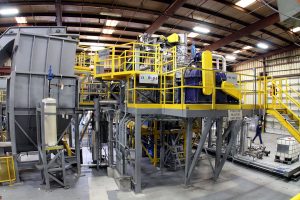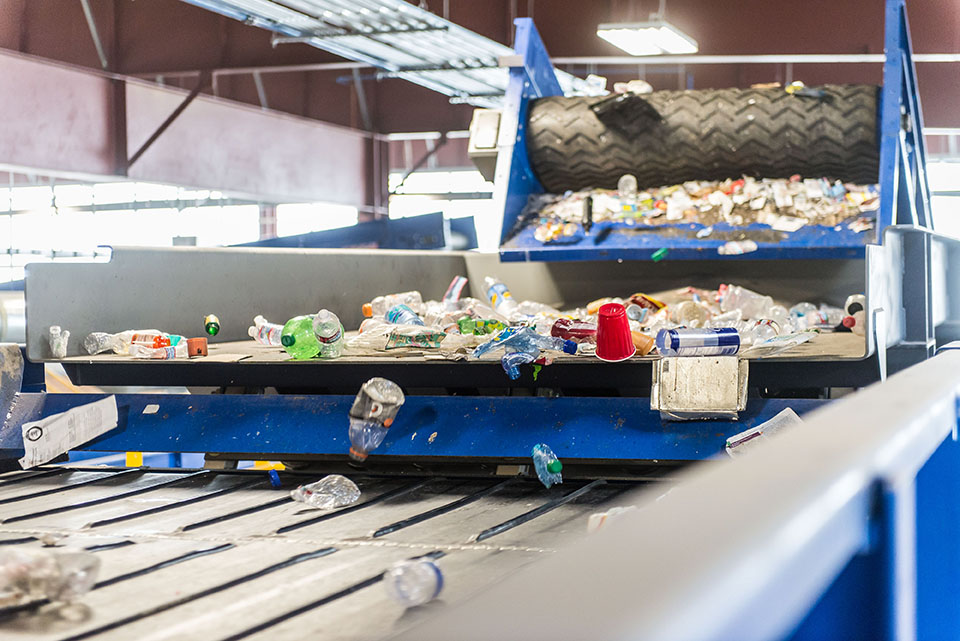
PET collection is lagging behind recycled resin demand by more than 1 billion pounds per year, according to a new study. | Resource Recycling file photo.
The current recycling system is insufficient, according to a report from The Recycling Partnership. But several key initiatives – and $500 million – can move the industry forward.


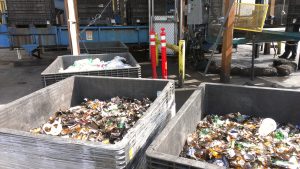 A comprehensive industry study has put a dollar amount on what U.S. materials recovery facilities and their municipal partners are spending to move recovered glass downstream.
A comprehensive industry study has put a dollar amount on what U.S. materials recovery facilities and their municipal partners are spending to move recovered glass downstream.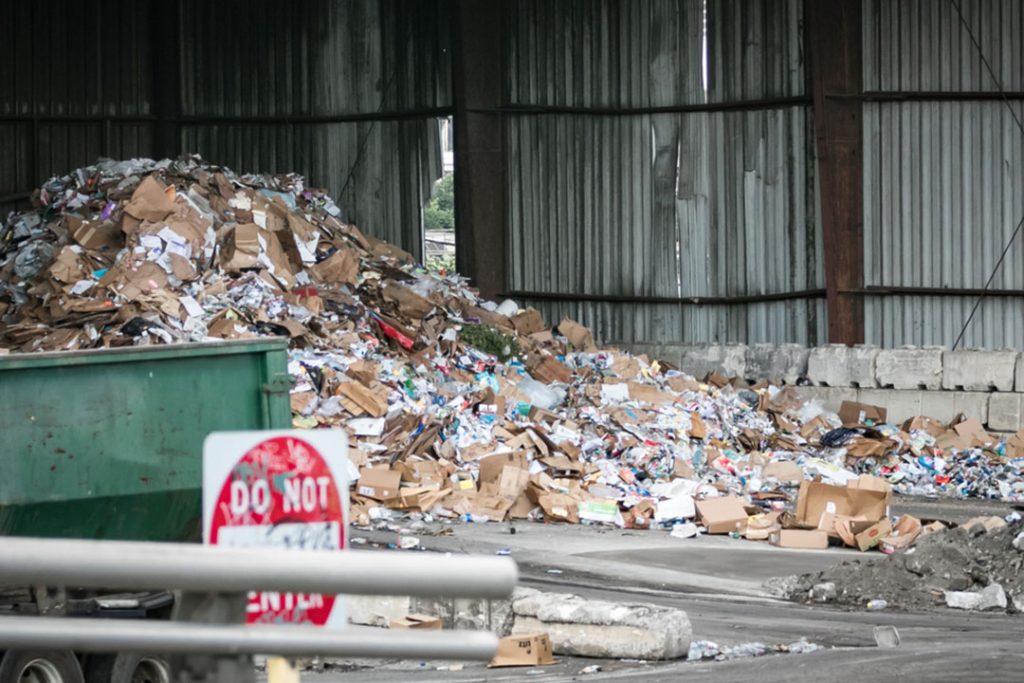
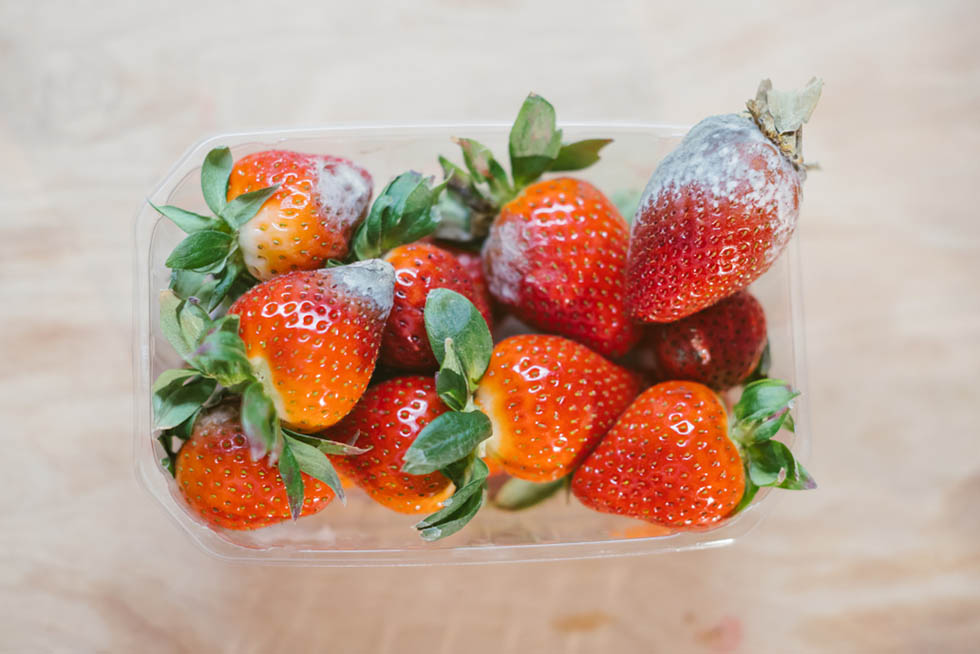
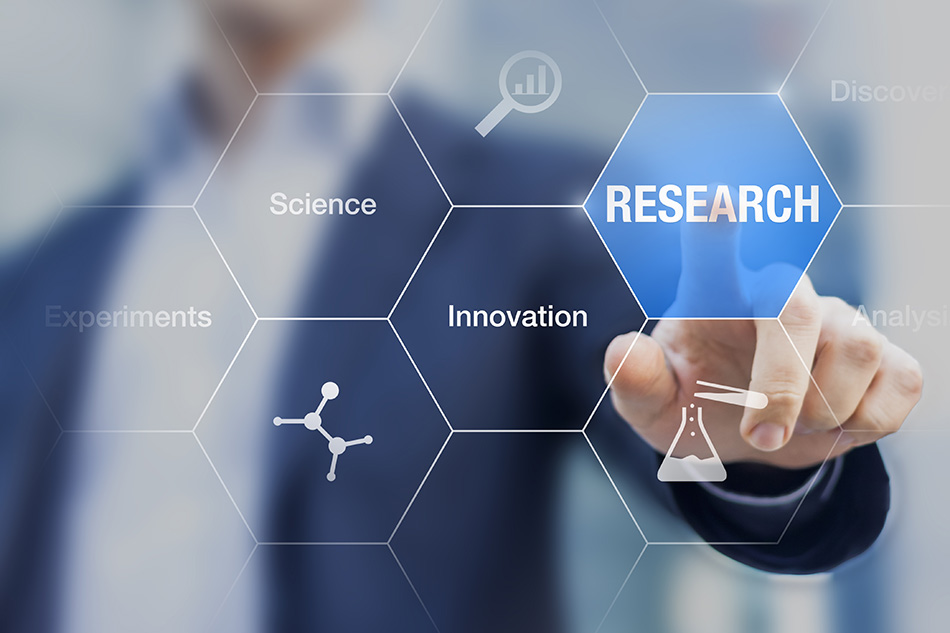
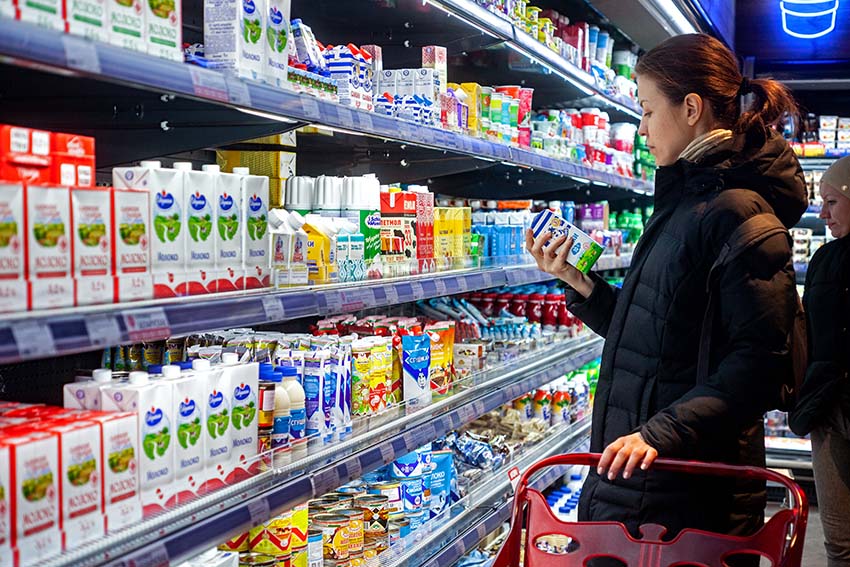 If a brand owner puts a “not recyclable” label on its packaging, consumers are likely to appreciate the honesty rather than frown on that company, survey results suggest.
If a brand owner puts a “not recyclable” label on its packaging, consumers are likely to appreciate the honesty rather than frown on that company, survey results suggest.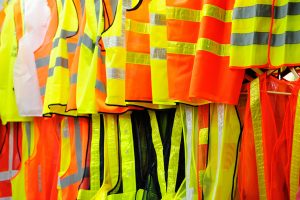 Waste and recycling collection deaths increased substantially in 2018, despite coordinated campaigns to reduce industry fatalities.
Waste and recycling collection deaths increased substantially in 2018, despite coordinated campaigns to reduce industry fatalities.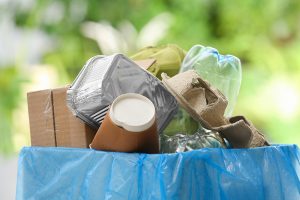 Local recycling programs develop differently, and effectively providing support involves meeting municipalities where they’re at. The Recycling Partnership is employing that mantra to boost the viability of materials recovery in California, Oregon and Washington.
Local recycling programs develop differently, and effectively providing support involves meeting municipalities where they’re at. The Recycling Partnership is employing that mantra to boost the viability of materials recovery in California, Oregon and Washington.